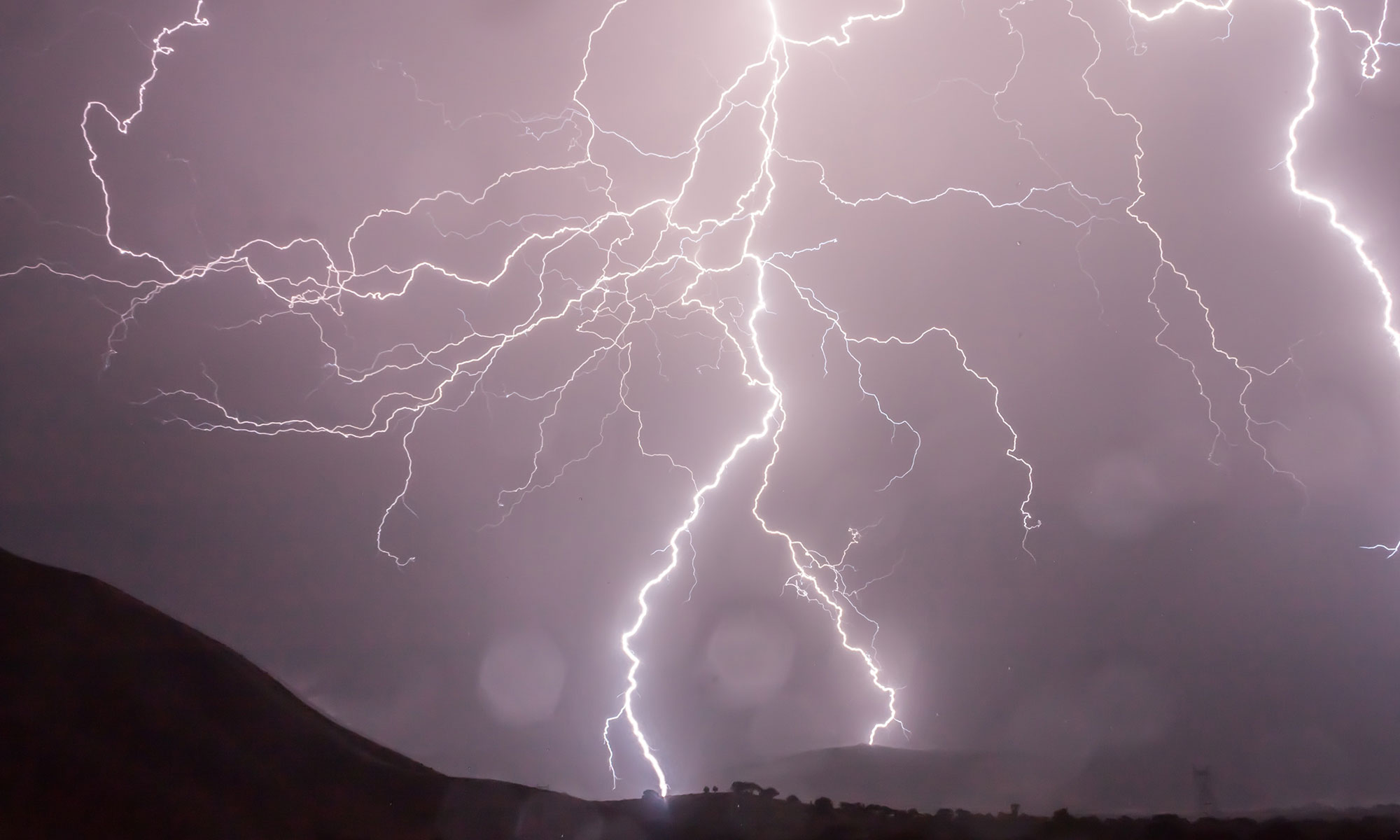It is Valentine’s Day. It is also halfway through February. The statewide average temperature so far in February is 11.5 degrees, 14 degrees below the long-term average.
The accumulated snowfall for February 1-14, 2014, ranges from 4 to 5 inches in far southern Illinois to and from 5 to 15 inches in the rest of the state. The band of heaviest snow extends from Quincy to Chicago with amounts of 12 to 15 inches.
The long-term average (1981-2010) February snowfall is presented in this map below. Comparing it with what snow has fallen so far shows that many places have already exceeded their February average by more than double.

Right now almost all of Illinois is covered in snow, as shown by this image from the National Operational Hydrologic Remote Sensing Center. Southern Illinois is covered by 1 to 4 inches of snow, central Illinois by 4 to 10 inches, and northern Illinois by 10 to 20 inches.

The water content of that snow pack is substantial in the northern half of the state with amounts of 1 to 4 inches (first map below) with higher amounts in states to the north, and upstream, of Illinois (second map). According to the National Weather Service, temperature are expected to be much warmer in the coming week with highs across the state above freezing from Monday through Thursday along with the possibility of rain. It is possible that the snow pack will be greatly reduced by the end of the week and likely gone for many areas in the southern and central Illinois.





Great data as always Jim! I love reading your posts, keep up the great work!
Also, look out for flooding during the great melt off, many city storm sewers are still full of leaves and packed with ice. Plus local streams will certainly rise following all the melting